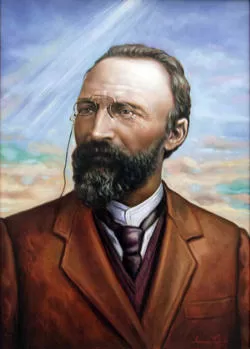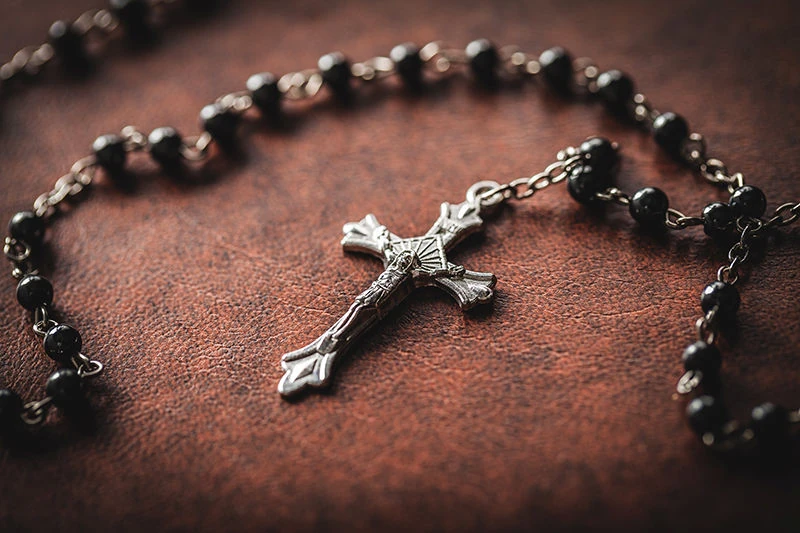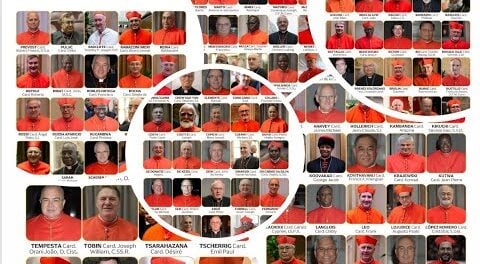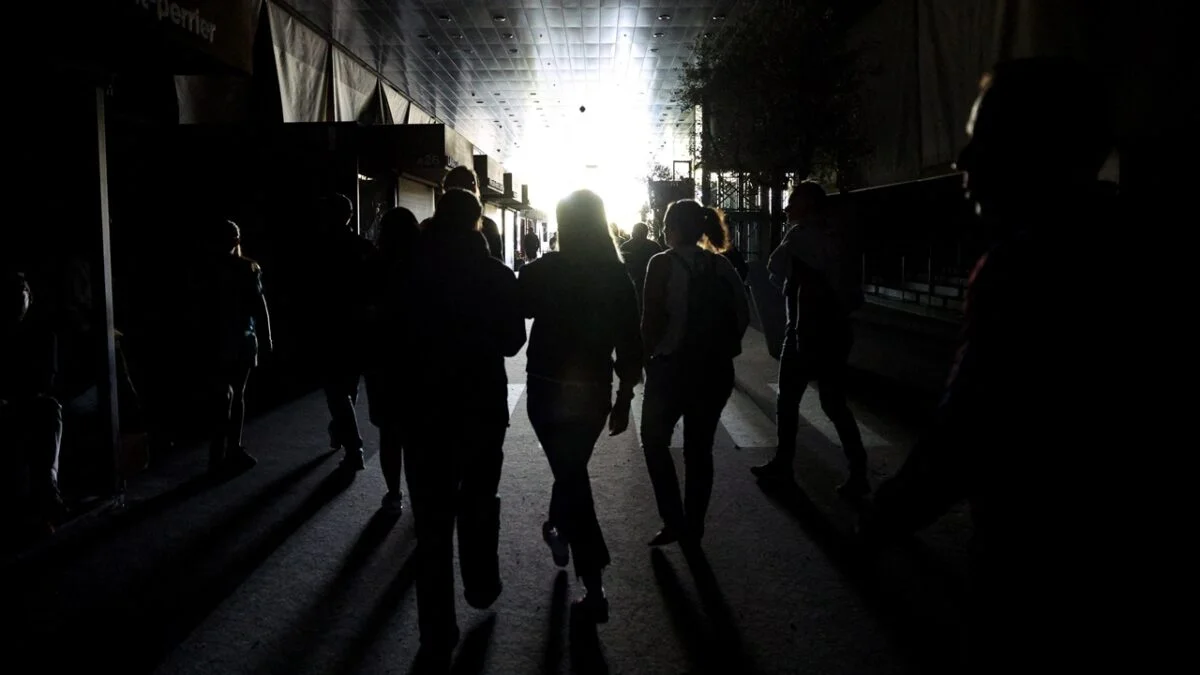
Category: Miracles
-
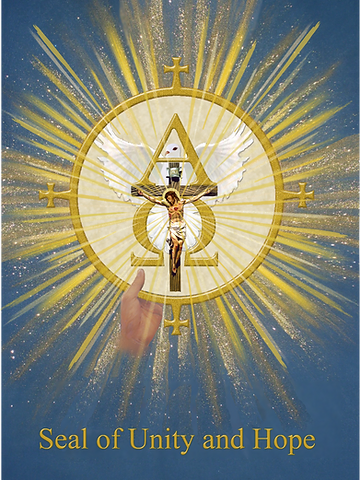
Explanation of Mother of Unity and Hope Image
Read More: Explanation of Mother of Unity and Hope ImageBishop Roman Danylak, former bishop of the Ukrainian Catholic Diocese of Toronto, Canada, approved this image. A priest from the Vatican called the image a “complete theology”, and had it blessed by Pope Benedict XVI. Summoning her children with an intensity found throughout the messages given to a privileged soul, Our Mother of Unity and…
-

Video| Miraculous Light Upon Divine Mercy Image! A Possible Miracle
Read More: Video| Miraculous Light Upon Divine Mercy Image! A Possible Miracle[video src="https://motherandrefuge.com/wp-content/uploads/2023/10/10000000_369163572118869_2348982056480307014_n.mp4" /]
-
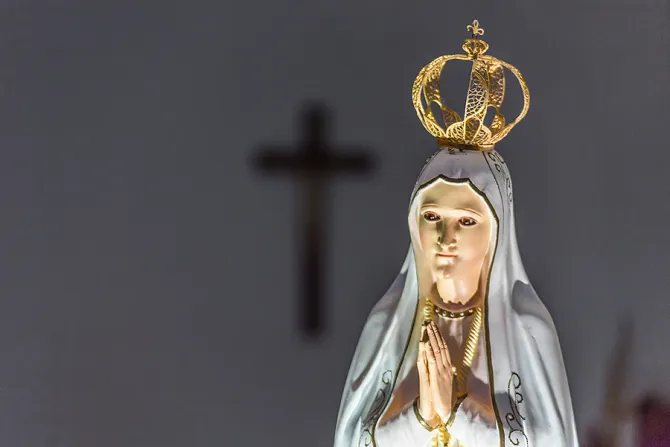
Our Lady of Fatima’s 3 Spiritual Weapons to End War & Obtain Peace
Read More: Our Lady of Fatima’s 3 Spiritual Weapons to End War & Obtain PeaceBy Churchpop Our Lady of Fatima’s advice to end wars “Pray the rosary every day to achieve peace in the world and the end of war” (First Apparition of Our Lady of Fatima – Sun., May 13, 1917). “Continue to pray the rosary every day in honor of Our Lady of the Rosary to obtain…
-
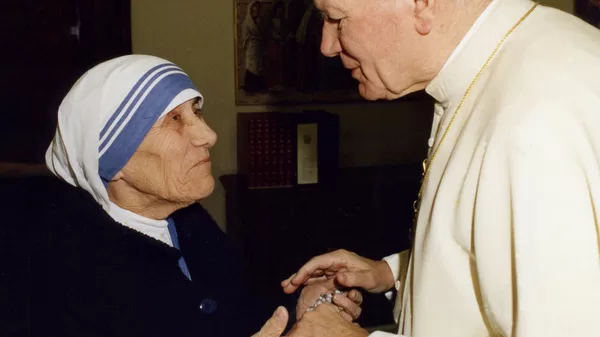
Pray with Pope John Paul II & Mother Teresa| The Five Glorious Mysteries of the Rosary| Audio
Read More: Pray with Pope John Paul II & Mother Teresa| The Five Glorious Mysteries of the Rosary| AudioPray The Five Glorious Mysteries of the Rosary in English with Pope John Paul II and Mother Teresa. https://www.youtube.com/watch?v=ga3CVsrtdh0
Search
Popular Posts
-
🙏 A New Chapter Begins: Supporting Pope Leo XIV with Prayer and Hope | W/ Daniel O’Connor
“Give the new pope a break and support him with your prayers.”–…
-
Possible Candidates for The Next Pope!
Some Candidates for the New Papacy Today we will share with you…
Categories
Archives
Tags
#Miracles (102) 2023 (4) 2024 (4) approved miracles (2) catholic (141) catholic blog (375) catholic meditations (7) catholic miracles (371) catholic motivation (2) catholic news (371) catholic prayers (4) CatholicSeers (359) catholic vlog (375) catholic websites (6) Eucharistic miracle (2) fr jim blount (3) GisellaCardia (11) hamas (3) imitation of christ (2) Israel (4) israel live (5) Israel news (9) jesus (3) jesus christ (4) Latest messages (11) lent 2023 (10) lent 2024 (4) lent homily (2) lent retreat (4) lent retreat 2023 (3) Lourdes (2) messages from god (6) MessagesFromHeaven (364) miracles of catholic church (2) mother and refuge (2) ourlady (325) OurLadyApparitions (22) our lady of lourdes (2) Pope (2) POPE francis (3) pope francis news (2) prayers (3) real miracles (356) sacred heart of jesus (2) The Miracles of Lourdes (2)




